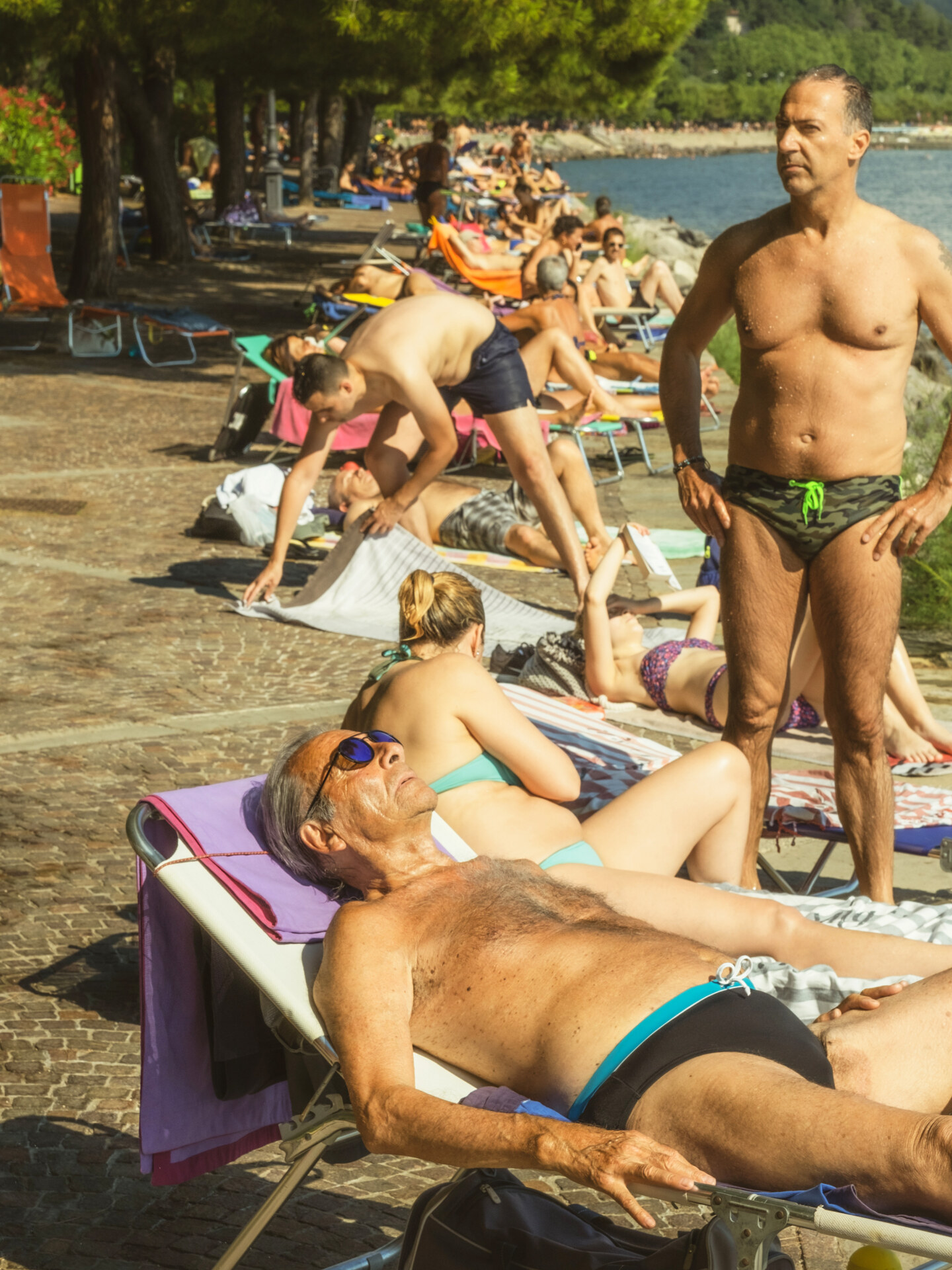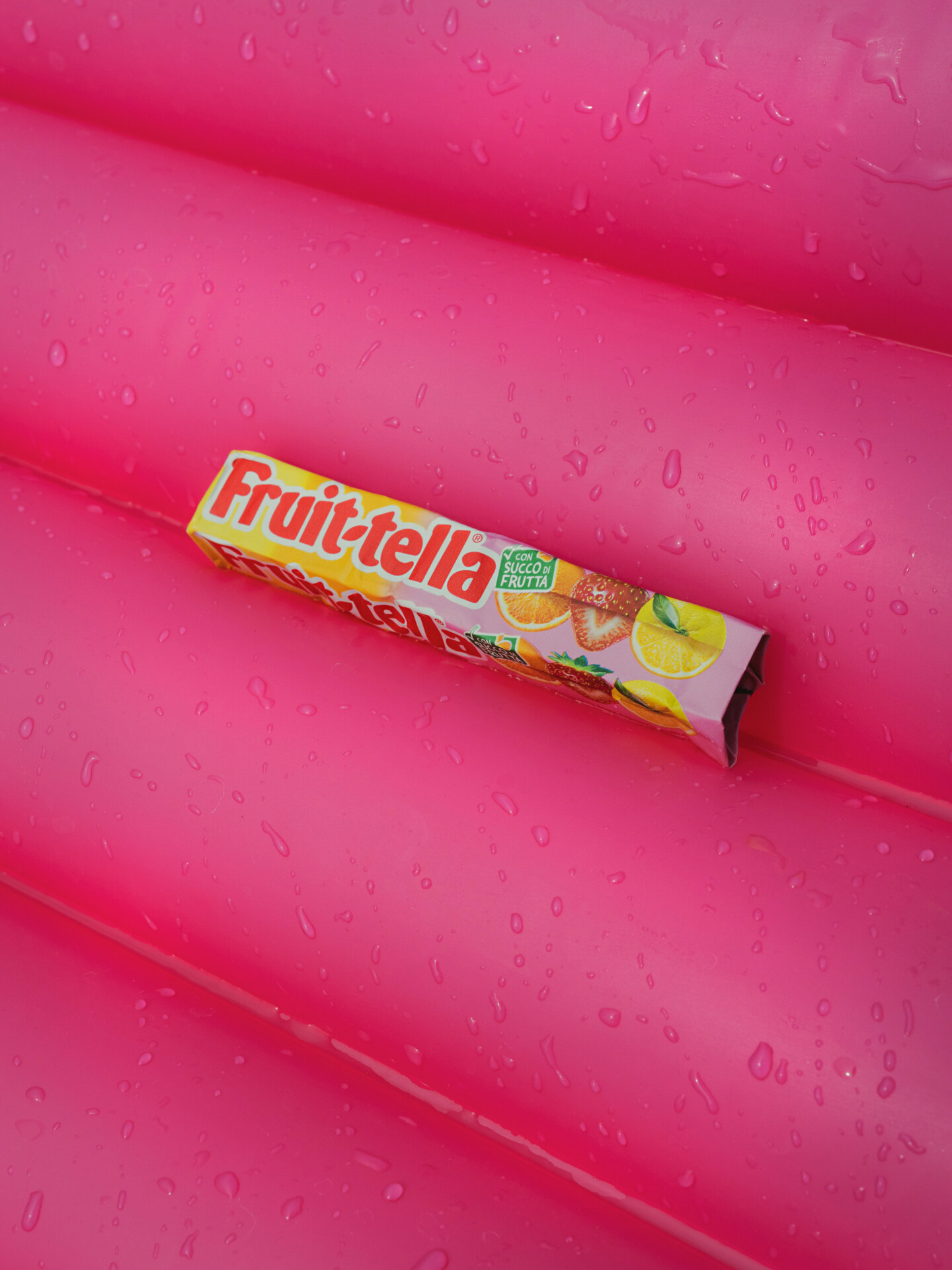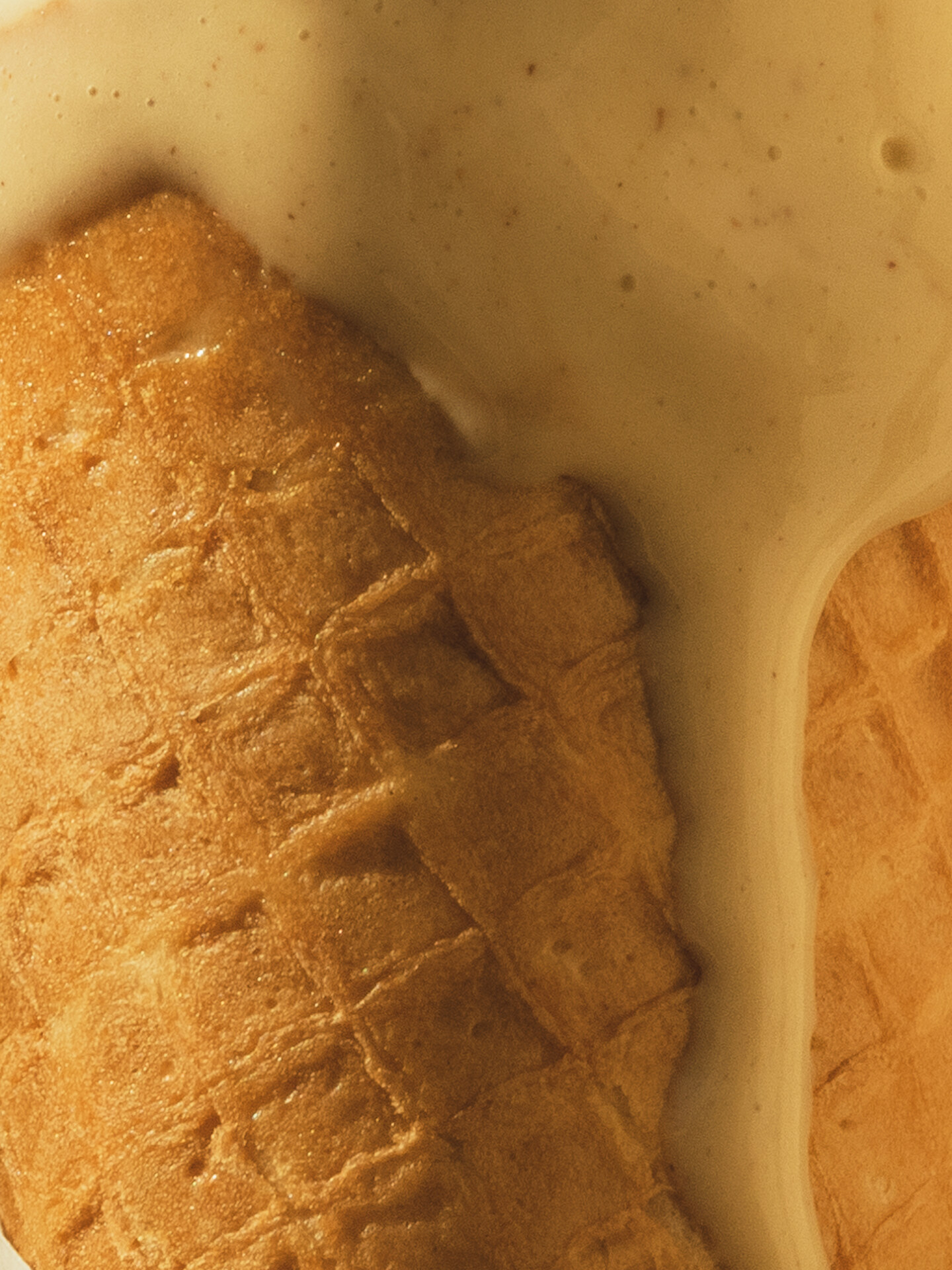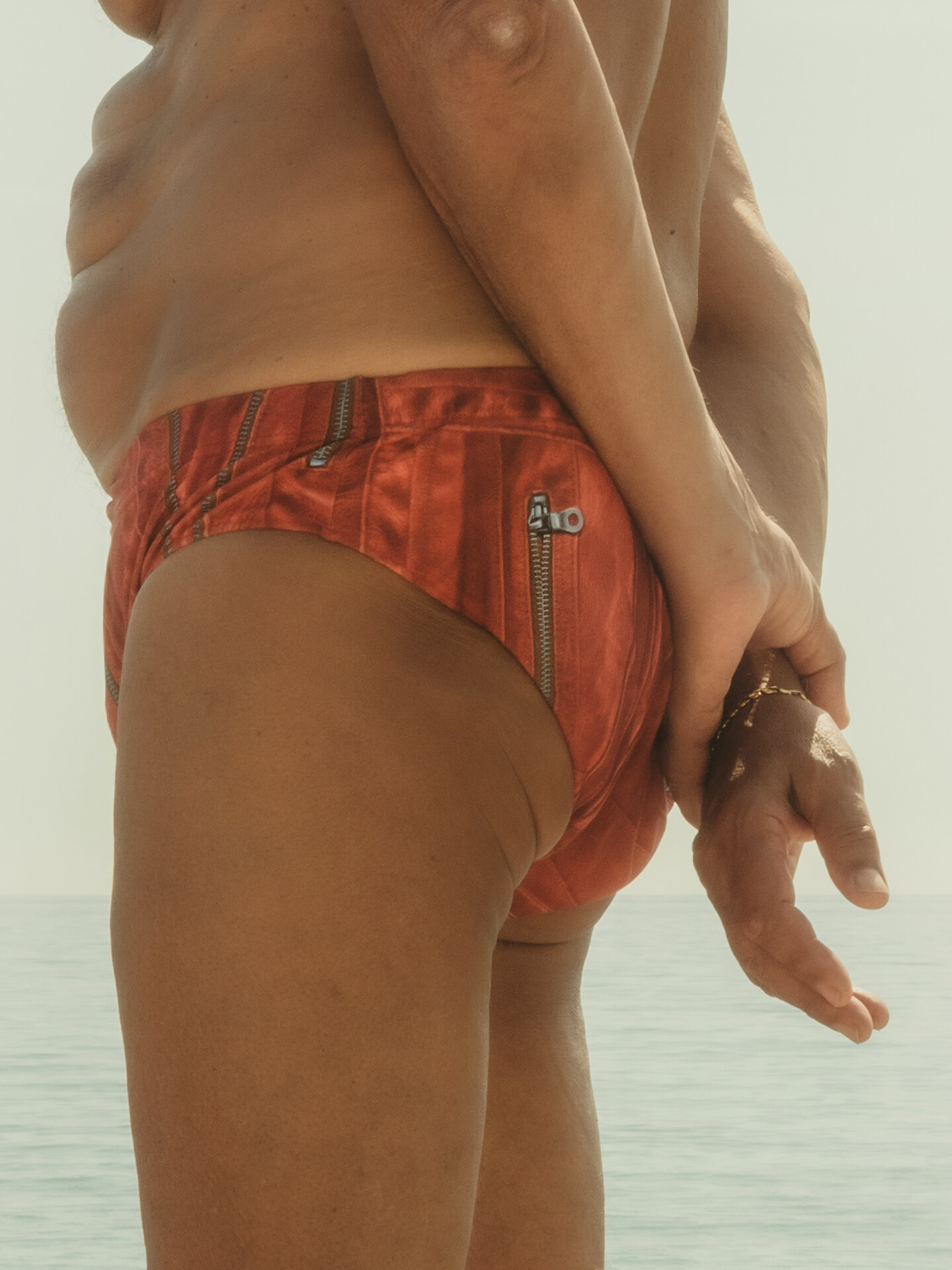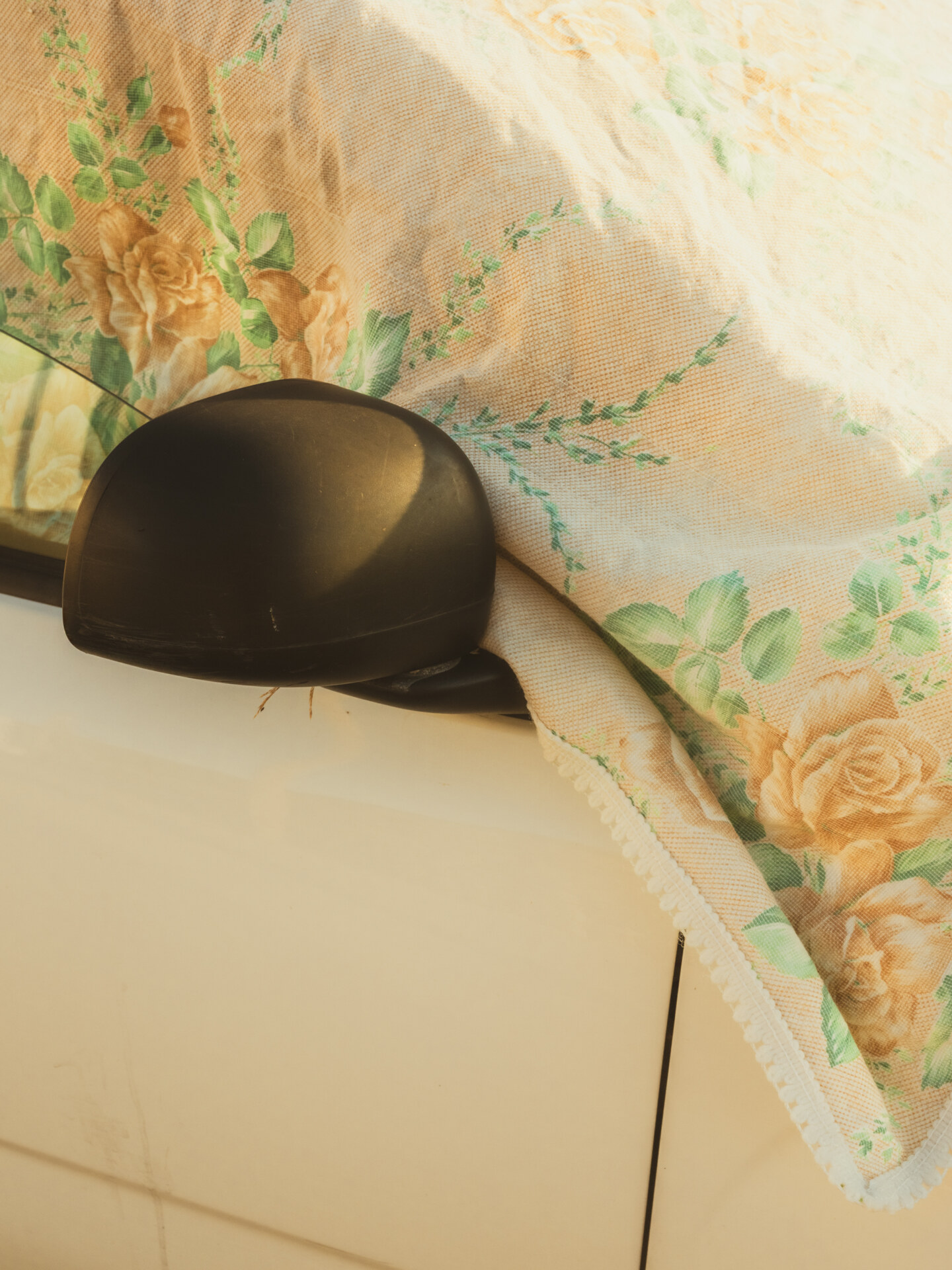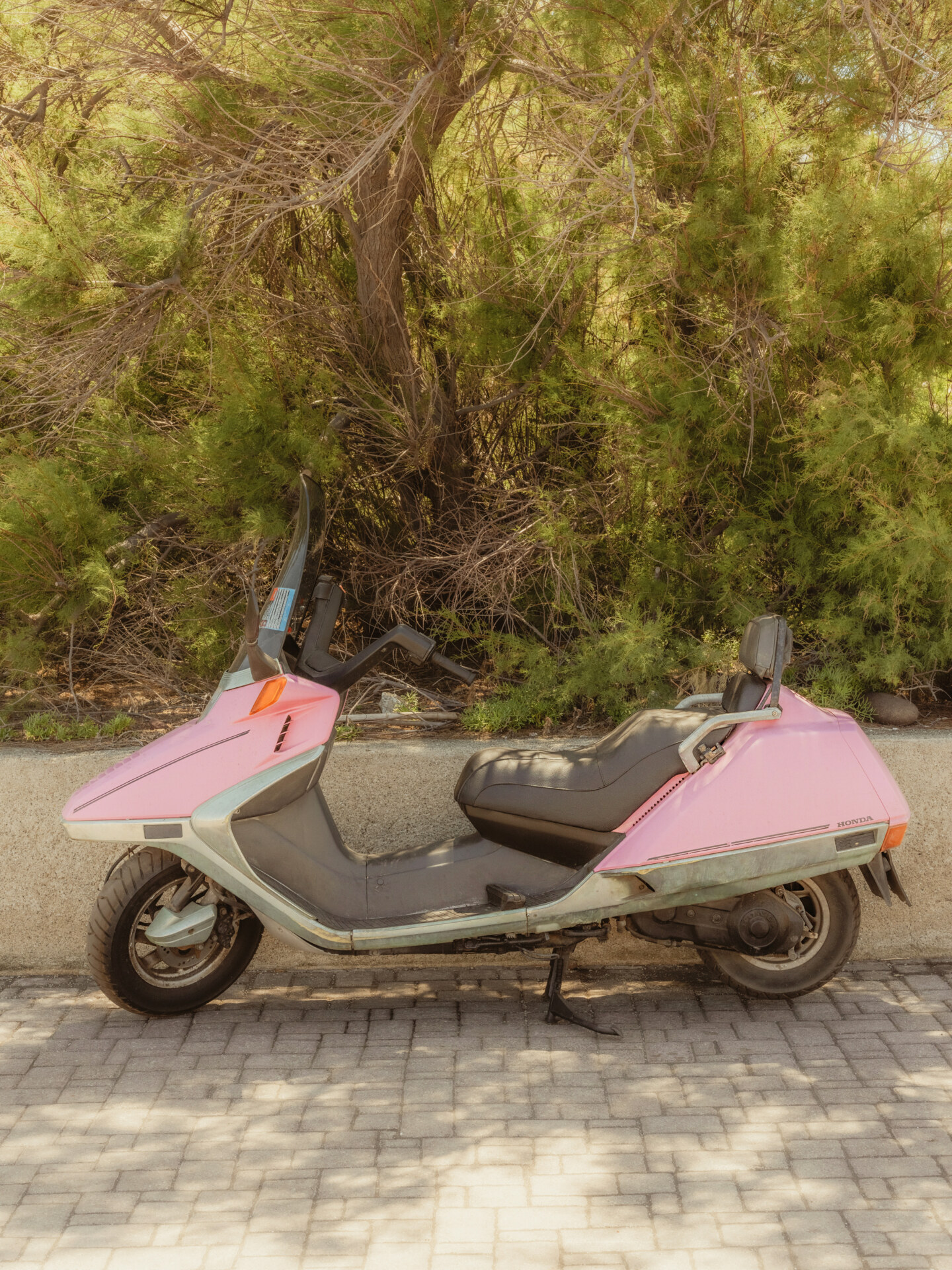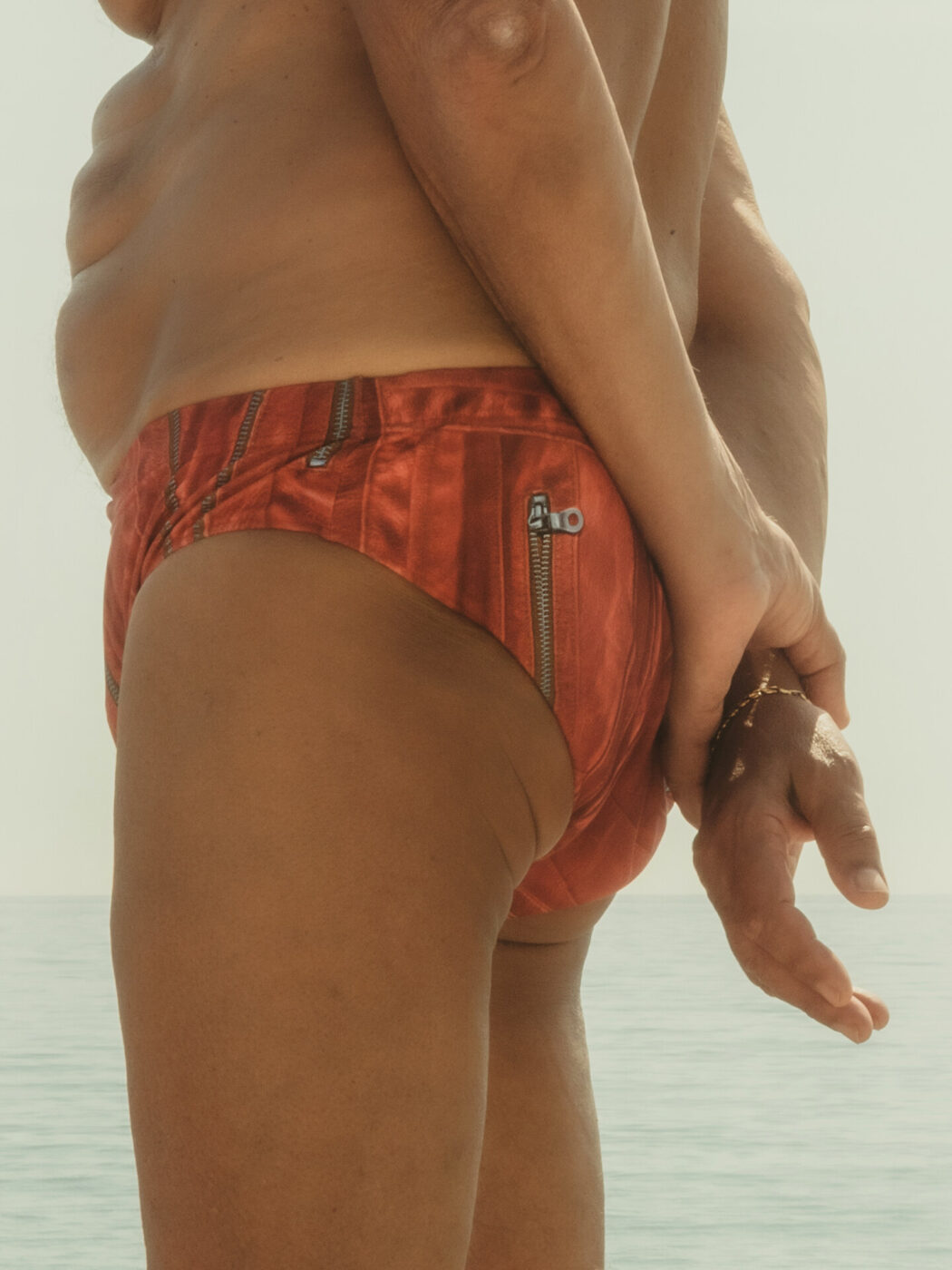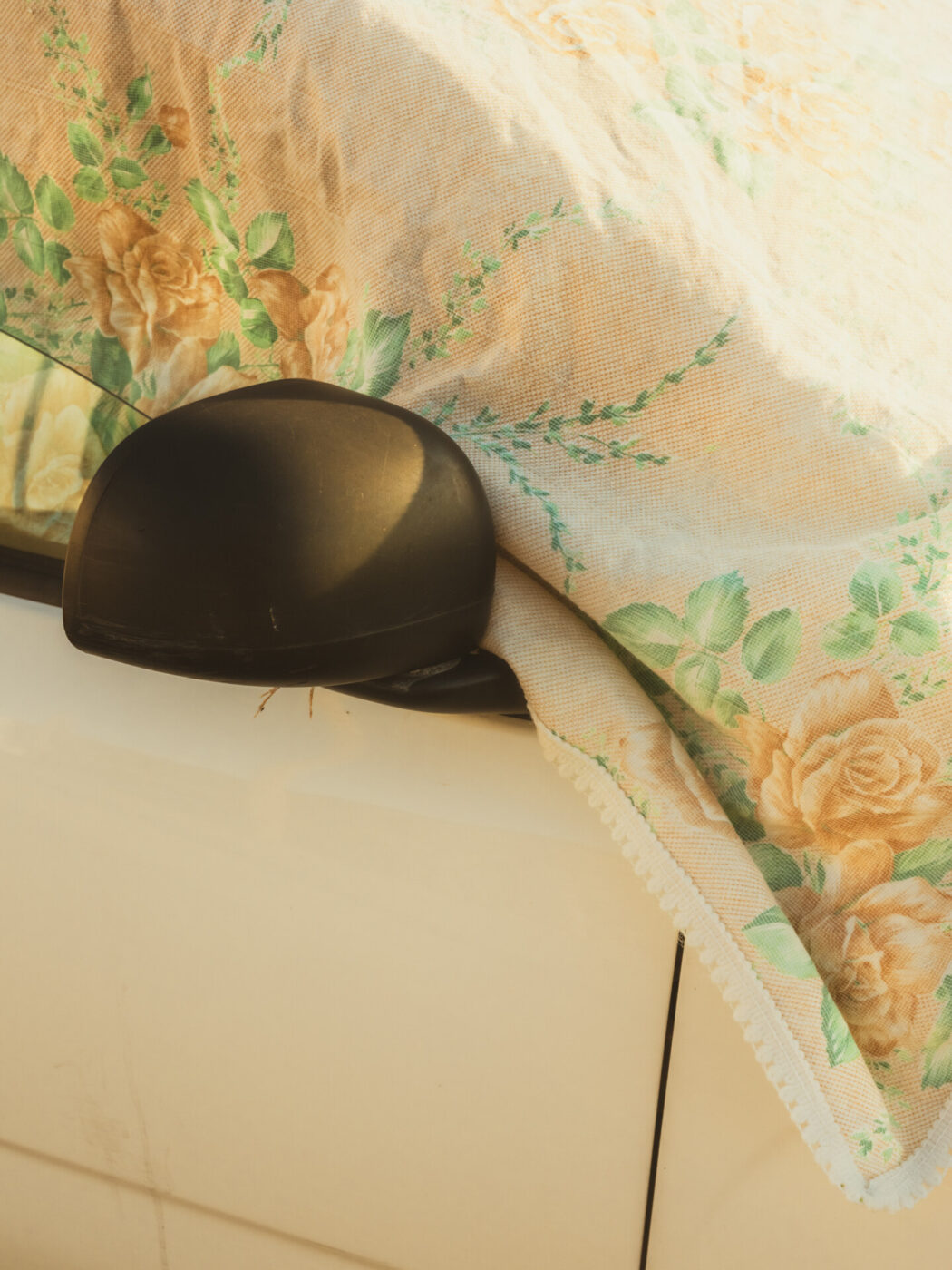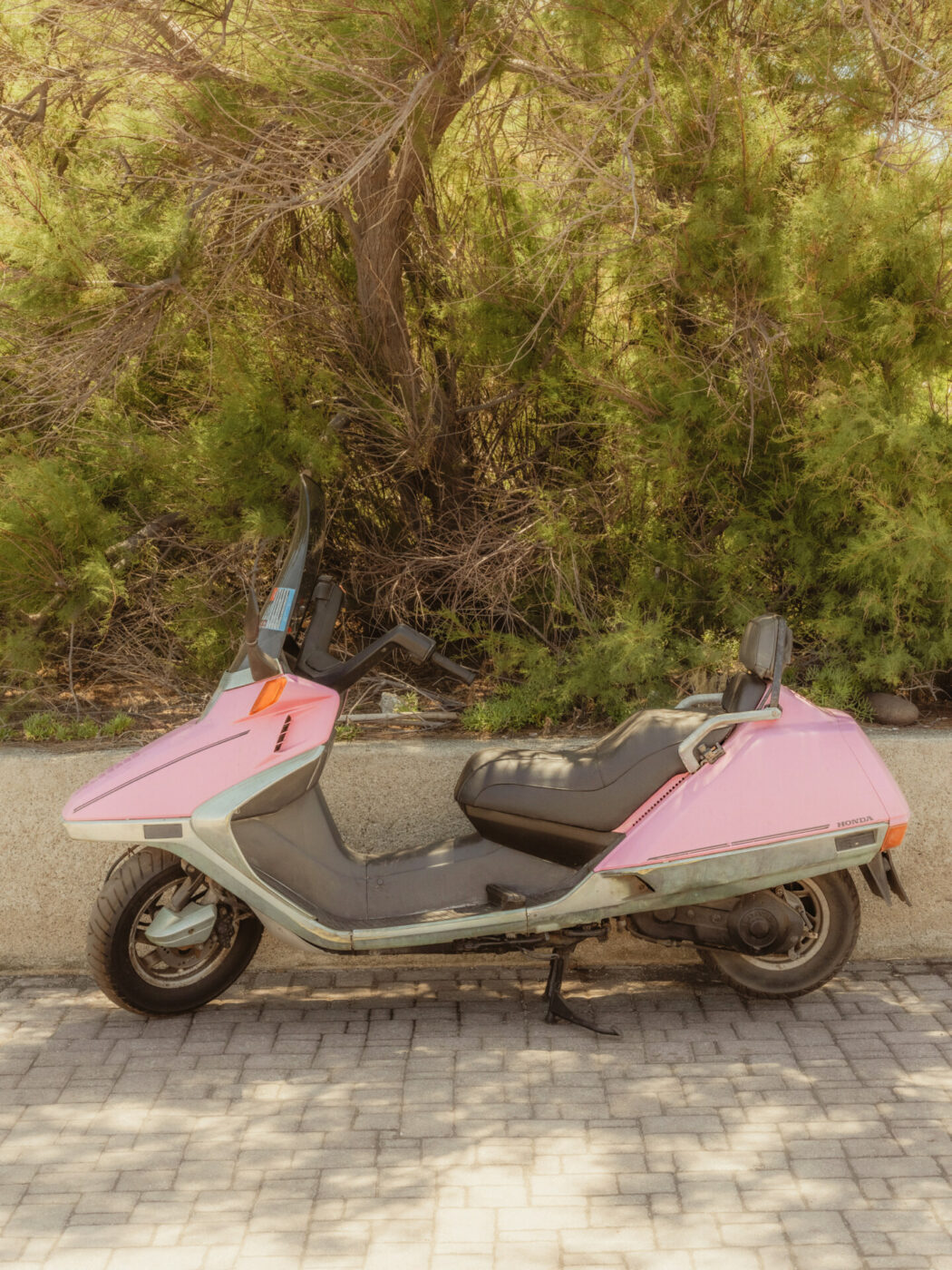In the 1990s, the summer months stretched far, and villeggiatura was not just a simple holiday, but a real way of life. You would leave in June and return in September, and the routine of waking-up-late-breakfast-sea-sea-walk-ice-cream became almost tedious–so much so that some people couldn’t wait to go home (or if you can believe it, back to school). I didn’t think that at all. I would’ve stayed there forever.
I counted the days on the calendar until summer, fantasizing about what I would do, which friends I would meet again (that is also the beauty of villeggiatura: to meet friends again after 12 months), how tanned my skin would become, and how many diary pages I would write.
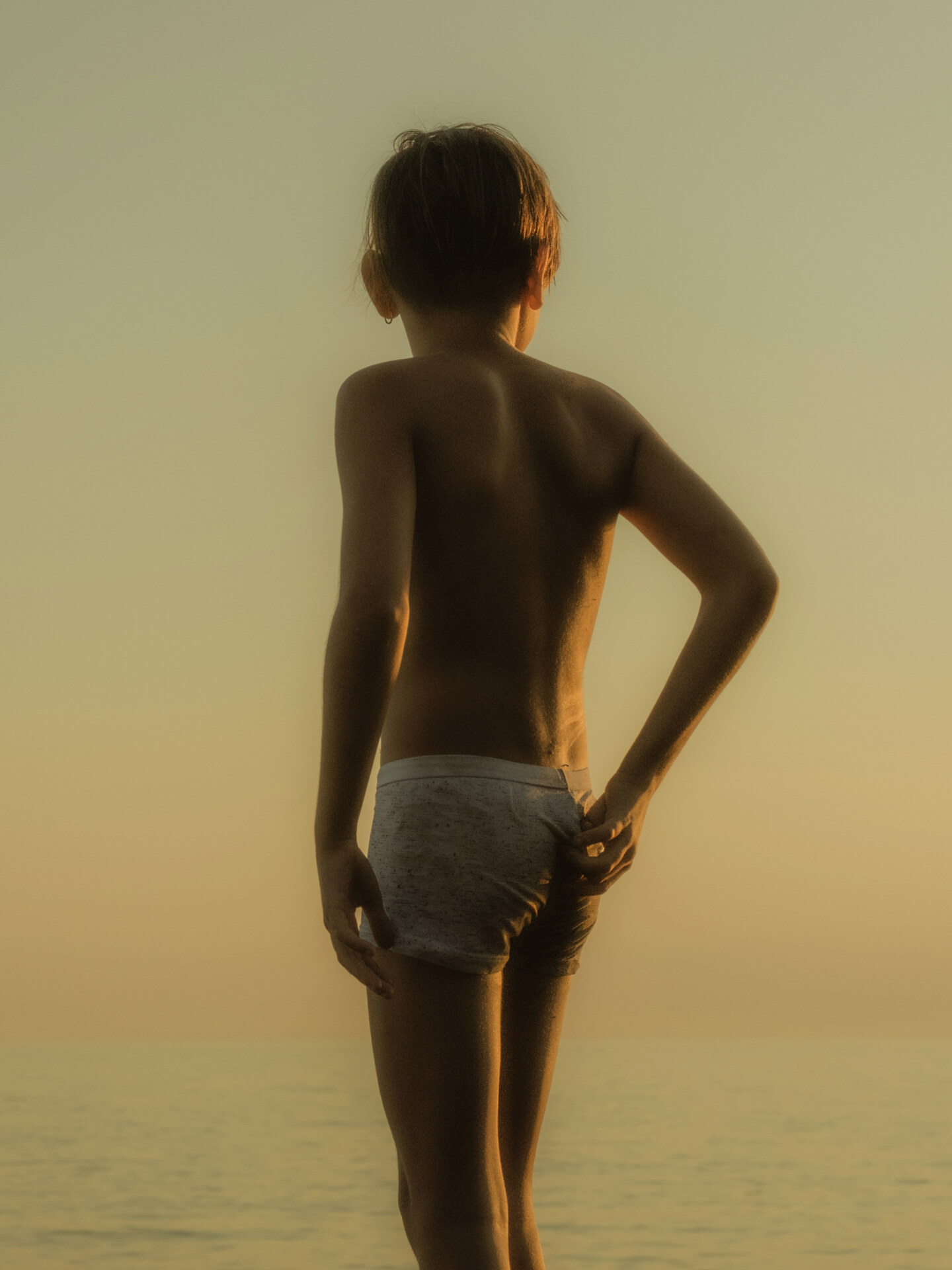
In my family, there were two choices for summer, always the same: the wild Gargano or the deep south of Calabria.
The Salerno-Reggio Calabria highway, at the time, was a test of courage: we set off at night, but even with that precaution, we were often stuck in traffic for hours. Not a few times I watched entire families disembarking and setting up tables on the hoods of their cars, complete with panini e parmigiane, because if you had to wait, at least you did it with a full stomach, right?
My mother became restless every time, as if forgetting the previous years, and my father nodded resignedly at the wheel; my brother and I, in the back seats, read Topolino or Cioè, melting because obviously the air-conditioning didn’t work in our old Volkswagen Passat. Poor car, laden with all sorts of parcels, packages, suitcases, and backpacks.
“We’re going on holiday, don’t complain!” my father would mumble.
And so, after herculean exertions and more-than-plausible risks of losing our minds, we arrived at our destination, usually a rented cottage. Those little pieces of sea that I would glimpse from the car window met all expectations: the water sparkled under the relentless southern sun and invited me as if we were friends.
The first dive into the sea was liberating. With that certainty of not being in a hurry, the routine began: shoes were relegated to a corner of the house and would be taken up again in September. We went barefoot to the beach, to the village, to the tabaccheria, everywhere. Our feet stretched out, and when it was time to return to normality, they didn’t want to know about shrinking again. The mornings began slowly, the heat already stifling, with breakfasts of fruit: I have a sweet memory of these plastic cups filled with chunks of peach and sugar, or of the lemons from the Costa dei Gelsomini, the spongy white part of which we ate (and still do). While my brother and I took our time, my mother would prepare a snack to take to the beach: pane e pomodoro with olive oil and oregano, slices of melon or watermelon, or, if leftover from the night before, some pasta or rice salad.
Mobile phones were not yet widespread (I didn’t have one), and so, to socialize, you had to go to the lido’s bar: the speakers often played summer songs, the classic tormentoni (catchy tunes) that still haunt us today like “Un’estate Italiana” by Bennato and Gianna Nannini, “Sotto Questo Sole”, “Rhythm Is a Dancer” for the “international” guests, and my favorite, “Mr. Bombastic” by Shaggy.
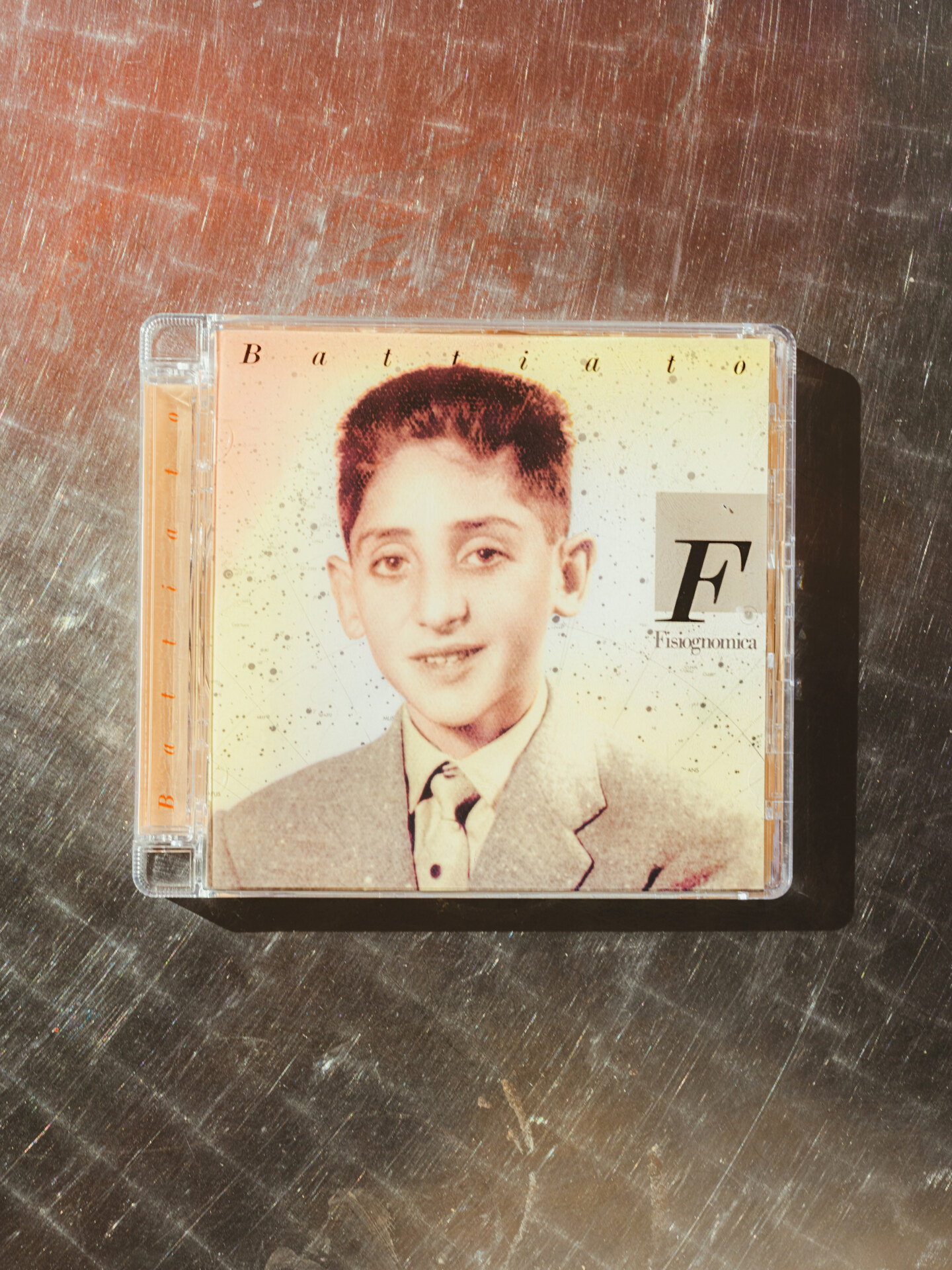
Those were peaceful days. After a snack and the required wait before swimming again, we would take a pennichella under the beach umbrella, lulled by the reassuring sound of the waves. And then it was off again to dive; play table tennis, beach volleyball (not me, I have always hated beach sports), and cards; or simply to read a good book–not the ones assigned at school for the summer holidays, but the ones I chose myself.
One of the nicest parts of the day was slipping into the shower to check my tan lines: I had a real tintarella (tan) fetish, because when we came back from holiday, we competed with our friends to see who had taken the best color.
After showering, the saltiness slipped away and I felt clean, calm, at peace. Often, to keep my long hair at bay, my mother braided my hair on the porch of the house–surrounded by lemon, orange, amaranth, jasmine, and bergamot trees–while the sun set.
Light dinners, fights with mosquitoes and gnats, and long walks in the village wearing the first thing I found in my wardrobe and a pair of sandals already half-broken. It was good fortune to come across a sausage or peperoncino festival.
I used to sit on a wrought-iron bench–on clear days, with a view of the magical profile of the Aeolian islands–watching people stroll past and imagining I would meet someone: a summer love perhaps, or at least someone to chat with who was not my mother or my little brother.
The nights, warm, were studded with the song of cicadas, but featured such deep sleeps and dreams. Sometimes I was awakened by the sound of the Adoration Church’s bells–especially on Sundays (then again, during the holidays, every day was Sunday) when I would fight with my mother to skip mass and go to the beach.
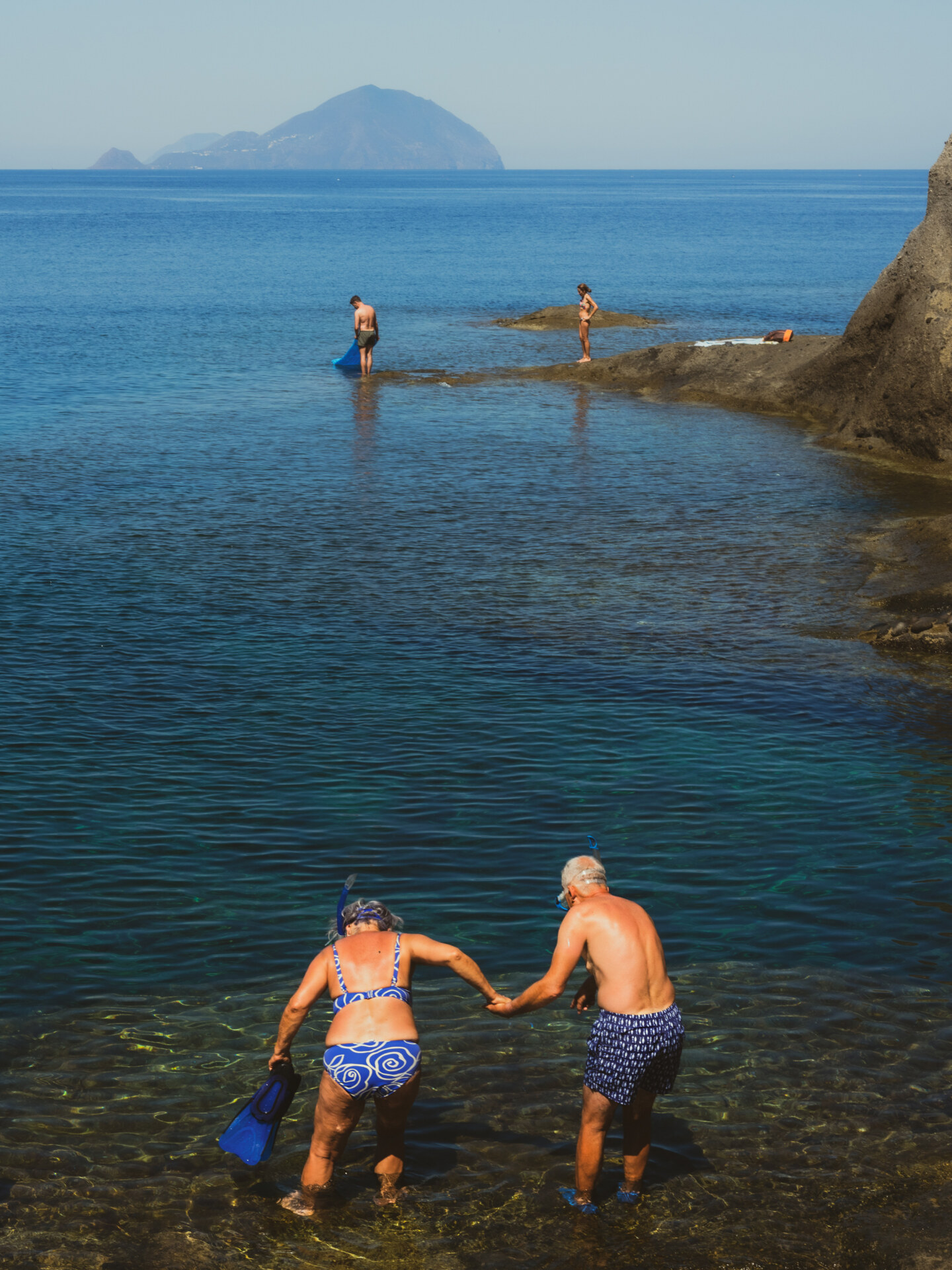
Slowly, but never slowly enough, the days ticked by and Ferragosto came: time for the banquets of overflowing food, karaoke, fireworks over the sea, and ferry excursions to Stromboli, an island of black sand and lava flows roaring in the dark of night. Once mid-August had passed, a feeling of melancholy began to set in: summer was almost over.
I miss those years, that childlike carefreeness and the freedom to come and go barefoot. I miss that girl who dreamt of tan lines and future loves. I miss those summers of a simple southern girl, who’s now learned that life, in the end, isn’t as slow as it once seemed.


